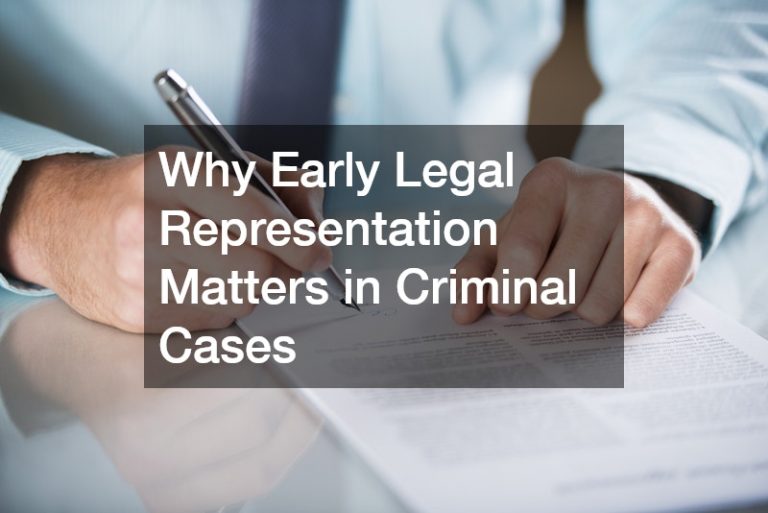
This article explores how criminal defense lawyers effectively negotiate plea deals, providing insights into strategies, common practices, and factors influencing negotiations.
What is a plea deal and how does it work?
A plea deal is an agreement between the defendant and the prosecution where the defendant pleads guilty to a lesser charge or receives a more lenient sentence in exchange for avoiding a trial. This legal tool can be a critical option for defendants who wish to minimize the uncertainty, stress, and costs associated with a full trial.
Plea deals serve as a mechanism to streamline the judicial process, allowing courts to manage caseloads more efficiently. This is vital in many jurisdictions where court schedules are congested, and lengthy trials can lead to significant backlogs and delays. By negotiating a plea, both the defense and the prosecution can achieve a more favorable resolution without the unpredictability of a jury trial, often saving time, resources, and emotional strain for everyone involved.
When a plea deal is struck, it typically involves the defendant admitting guilt to a charge, which may carry a lesser punishment than what the original charges would entail. The prosecution, in return, agrees to dismiss other charges, reduce sentencing recommendations, or limit penalties, which can significantly reduce the defendant’s potential consequences. Understanding the components of a plea deal, including the legal rights waived and potential long-term effects, is essential for defendants and their legal representatives alike.
What strategies do defense lawyers use during negotiations?
Criminal defense lawyers often employ various strategies, including understanding the strengths and weaknesses of the case, building rapport with prosecutors, and leveraging the potential risks of going to trial for both sides.
One common strategy involves a thorough analysis of the evidence available and identifying any weaknesses that may exist in the prosecution’s case. A skilled defense attorney will conduct an exhaustive review of police reports, witness statements, surveillance footage, and forensic evidence to uncover inconsistencies or gaps. This information can then be used to negotiate more favorable terms in a plea deal, sometimes resulting in reduced charges or alternative sentencing options.
Building rapport with prosecutors is another effective strategy in plea negotiations. Establishing a professional relationship can lead to more amicable discussions and, ultimately, a better deal for the defendant. Defense attorneys often find that a respectful and collegial approach can help facilitate negotiations, allowing both sides to consider equitable outcomes that reflect the merits of the case, the defendant’s history, and the broader interests of justice.
What factors influence the outcome of plea negotiations?
The outcome of plea negotiations can be influenced by several factors such as the severity of the charges, the defendant’s criminal history, the strength and availability of evidence, the credibility of witnesses, and the priorities of both the defense and prosecution.
The nature of the charges being presented can have a substantial impact on negotiation dynamics. For instance, more serious offenses might invoke harsher penalties, making negotiations more challenging for defense lawyers. Conversely, if a case involves less severe infractions, mitigating circumstances, or evidence weaknesses, the possibility of a favorable plea deal may increase.
Additionally, the defendant’s previous criminal record can significantly shape negotiations. A history of criminal activity may lead prosecutors to offer stiffer terms, as they might view the defendant as a repeat offender. In contrast, a clean record, evidence of good character, or cooperation with authorities may open the door for leniency, prompting the prosecutor to suggest more favorable plea deal conditions aimed at avoiding prolonged litigation.
What are the potential consequences of accepting a plea deal?
Accepting a plea deal can have significant consequences for defendants, including the possibility of a criminal record, the impact on future employment, and potential limitations on appeals or other legal remedies.
One of the main repercussions of accepting a plea deal is the likelihood of receiving a criminal record, which can follow the individual for a lifetime. This record can complicate various aspects of life, influencing future employment opportunities and potentially affecting housing, education, professional licenses, and even personal relationships. Understanding these long-term consequences is critical for defendants considering a plea agreement.
Additionally, accepting a plea deal often means waiving certain rights, such as the right to appeal the conviction. Once a plea is entered and accepted by the court, it can be challenging to challenge the terms of the agreement or the underlying conviction. Defendants must carefully weigh these risks against the benefits of resolving their case quickly and avoiding the uncertainties of trial.
Understanding the process and implications of plea deals is critical for defendants. By effectively negotiating plea deals, criminal defense lawyers can secure the best possible outcomes for their clients in the complex legal landscape. The interplay of strategy, evidence assessment, and awareness of consequences shapes the negotiation process, ultimately influencing the trajectory of the defendant’s case.


